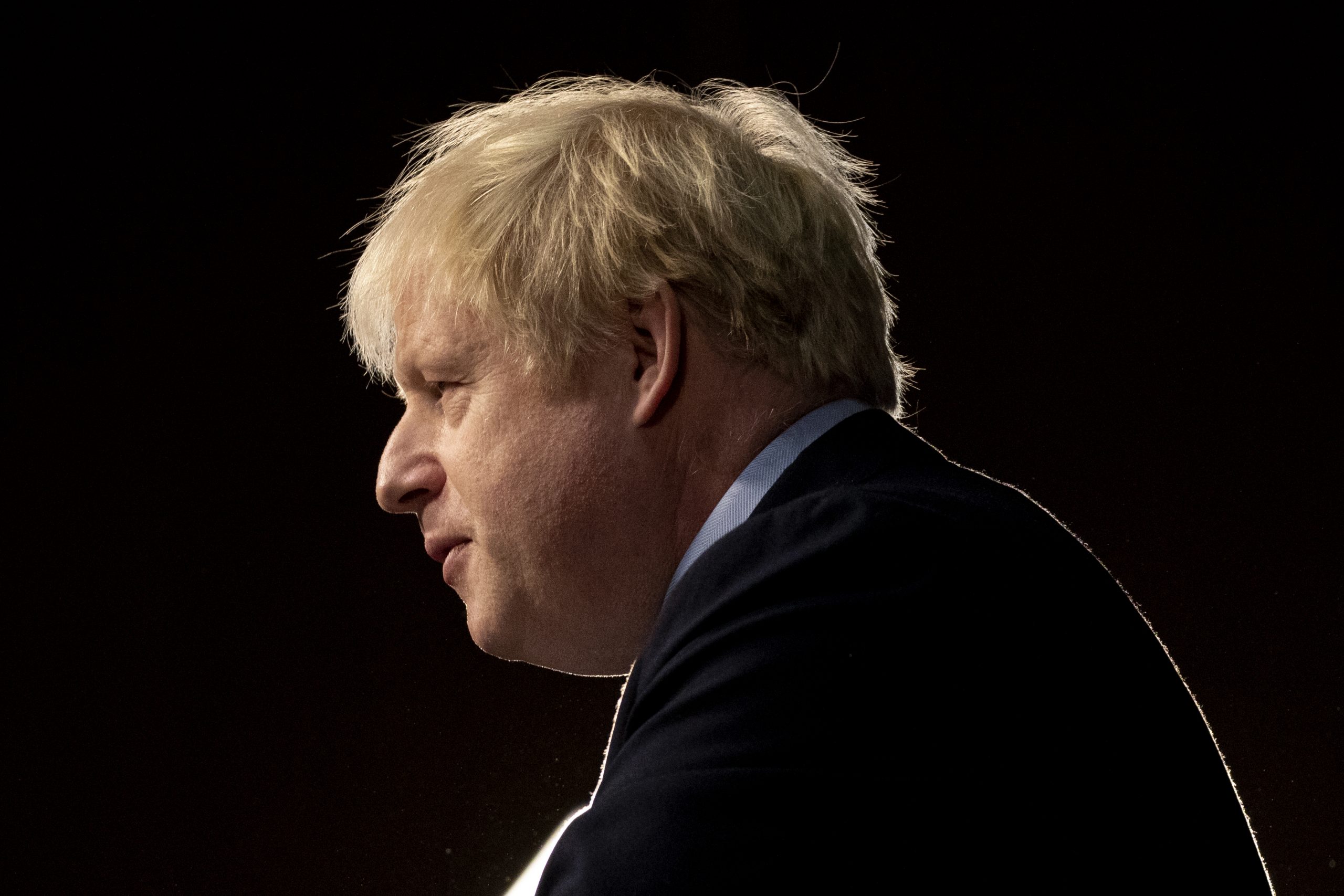
Commentators are falling into an unhelpful cycle in this election: first, overreading larger than usual Conservative leads from the family of pollsters that tend to show bigger Tory leads (YouGov, IpsosMori, Opinium) and then overreacting to smaller Conservative leads from the group of pollsters (ICM, Survation, ComRes) that tend to show smaller ones.
This week, an Opinium poll showing the Conservatives on an eyewatering 47 per cent, 19 points ahead of Labour, triggered a raft of takes about how the election was all over bar the shouting, that Jeremy Corbyn’s aides should start updating their LinkedIn profiles, et cetera, et cetera. Today, an ICM poll showing the Conservatives on 41 per cent, just seven points ahead of Labour, has set off another wave, often from the same people, about how the Tory party’s 2017 collapse is happening again.
But what both polls have in common is that they show no change within the margin of error. Opinium shows the Conservatives up by three points, while ICM shows Labour up by two. To the extent that the polls are showing any change, it is that ICM Survation and ComRes are now consistently putting the Conservative lead at or above six per cent – above the threshold at which John Curtice, the eminent psephologist, estimates that they ought to be in majority territory.
What we can say for certainty is that, whatever happens, this election is not a whole lot like 2017. In 2017, the story in the polls was one of consistent, outside the margin-of-error growth in the Labour poll share from the beginning of the campaign and a sudden, drastic falling-off in Conservative support trigger by their manifesto, which was chockfull of unpopular policies.
There are two and a half weeks, an awful lot of undecided voters, and the impact of the Liberal Democrats on the Conservative’s majority hopes remains uncertain and hard to accurately predict. That’s a lot of time for something to go wrong for the Tories, but if it does, it will be “like 2017” only in the same sense that the election of 1987 was “like 1959” in that they both ended in the same way. The differences however will be quite significant – and the route to another hung parliament quite different.
As I wrote a fortnight ago, it’s not very interesting if the story of the election continues to be “frontrunner maintains steady lead, impact under our electoral system unclear”. That is, however, remains the real story of the the election so far. To the extent that there is another, it is that we are increasingly looking at a pattern across all the polls that if repeated at a general election, would mean a Conservative majority – albeit one of indeterminate size.






